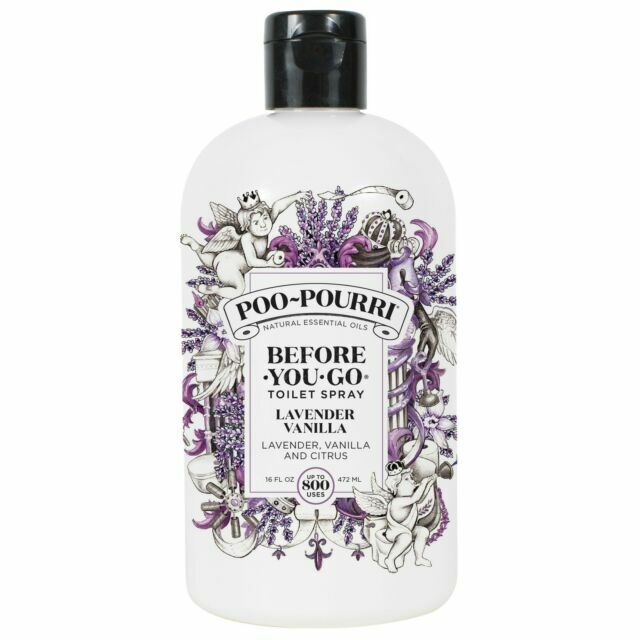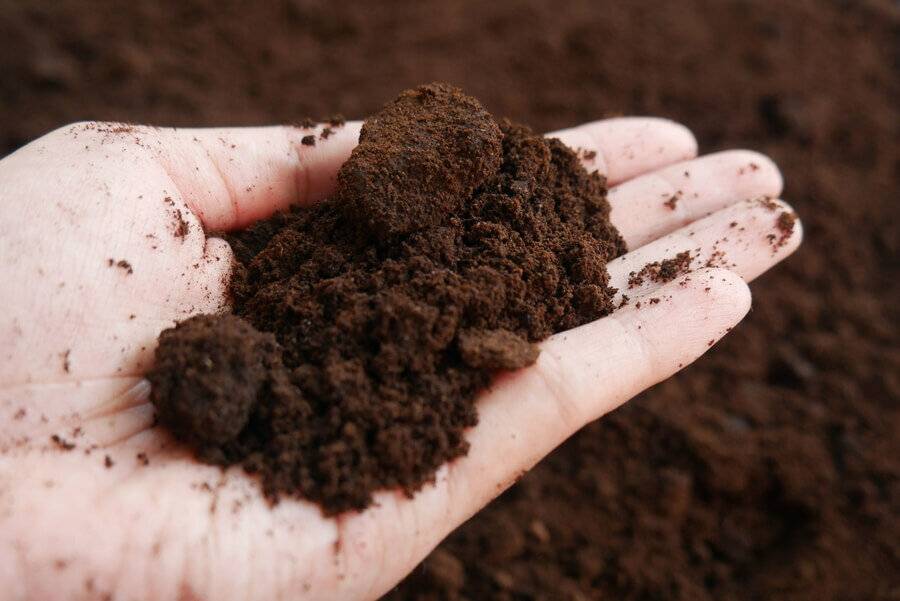Is Poo Pourri Safe for Septic Tanks?
When it comes to maintaining a healthy septic system, homeowners often find themselves wondering about the safety of various products they use. One such product that has gained popularity in recent years is Poo Pourri, a unique toilet spray that claims to eliminate unpleasant odors before they even have a chance to escape the bowl. But the burning question remains: is Poo Pourri safe for septic tanks?
To answer this question, we need to delve into the composition of Poo Pourri and its potential impact on septic systems. Poo Pourri is primarily made up of essential oils, fragrance, and other proprietary ingredients that work together to create a barrier on the water’s surface, trapping odors beneath it. While this may be effective in masking unpleasant smells, it raises concerns about its compatibility with septic tanks.
Septic systems rely on a delicate balance of bacteria and enzymes to break down waste and maintain proper functioning. Any disruption to this balance can lead to costly repairs and potential system failure. Therefore, it is crucial to evaluate whether Poo Pourri poses any risks to septic tanks.
To provide a comprehensive analysis, let’s examine the potential effects of Poo Pourri on septic systems in the following table:
Potential Effects of Poo Pourri on Septic Tanks
- Impact on Bacterial Balance. Poo Pourri’s ingredients may interfere with the natural bacteria in septic tanks, potentially disrupting the breakdown of waste.
- Chemical Interactions. The combination of Poo Pourri’s ingredients with other chemicals present in the septic system could lead to adverse reactions, affecting its overall performance.
- Build-up of Residue. Continuous use of Poo Pourri may result in the accumulation of residue in the septic tank, potentially clogging pipes and impeding proper waste flow.
- Long-Term Consequences. While short-term use of Poo Pourri may not cause immediate harm, its prolonged use could have detrimental effects on septic system health and longevity.
It is essential to note that the information provided in this article is based on general knowledge and does not account for specific septic tank conditions or variations in Poo Pourri formulations. Therefore, it is always advisable to consult with septic system professionals or manufacturers for personalized advice.

In the following sections, we will delve deeper into these potential effects and explore the practical recommendations for using Poo Pourri with septic tanks. Let’s separate fact from fiction and determine whether Poo Pourri is a friend or foe to your septic system’s well-being.
The Impact of Poo Pourri on Septic Tanks
1. Impact on Bacterial Balance
One of the primary concerns regarding the use of Poo Pourri in septic tanks is its potential impact on the delicate bacterial balance necessary for proper waste breakdown. Septic systems rely on a robust community of bacteria and enzymes to break down solid waste and convert it into harmless byproducts.
Poo Pourri’s ingredients, including essential oils and fragrance, may introduce foreign substances into the septic tank environment. These substances could potentially disrupt the natural bacterial ecosystem, hindering the efficient decomposition of waste. While the exact effects may vary depending on the specific formulation of Poo Pourri, it is advisable to exercise caution when using such products in septic systems.
2. Chemical Interactions
Septic systems are designed to handle specific types of waste and maintain a delicate chemical balance. Introducing additional chemicals, such as those found in Poo Pourri, may lead to unforeseen chemical reactions that can compromise the system’s overall performance.
The combination of Poo Pourri’s ingredients with other chemicals present in the septic tank, such as cleaning agents or medications, could potentially create harmful compounds or inhibit the natural breakdown process. These interactions may result in reduced bacterial activity, slower waste decomposition, and even system malfunctions.
3. Build-up of Residue
Continuous use of Poo Pourri in septic systems may contribute to the build-up of residue over time. The ingredients in Poo Pourri, particularly those that create the surface barrier, could accumulate within the septic tank and its associated pipes.
This residue build-up has the potential to clog pipes, impede proper waste flow, and hinder the overall functioning of the septic system. Regular maintenance and pumping may be required to mitigate the risks associated with residue accumulation.
4. Long-Term Consequences
While short-term use of Poo Pourri may not immediately cause significant harm to septic systems, the long-term consequences should be considered. Continuous exposure to the ingredients in Poo Pourri, especially in high volumes, could gradually impact the septic tank’s health and longevity.
Over time, the disruption of the bacterial balance, chemical interactions, and residue build-up may lead to costly repairs, system failures, or the need for premature replacement. It is crucial to weigh the potential benefits of using Poo Pourri against the potential risks to make an informed decision.
Conclusions
In conclusion, the use of Poo Pourri in septic tanks raises valid concerns about its impact on the bacterial balance, chemical interactions, and the potential build-up of residue. While it may provide temporary relief from unpleasant odors, the long-term consequences on septic system health and functionality cannot be ignored.
To ensure the optimal performance and longevity of your septic system, it is advisable to exercise caution when using Poo Pourri or similar products. Consulting with septic system professionals or manufacturers can provide personalized guidance based on your specific circumstances.
Remember, a well-maintained septic system relies on a delicate balance of bacteria and enzymes, and any disruption to this balance can have costly repercussions. Prioritize the health of your septic system by making informed choices about the products you introduce into it.


0 Comments